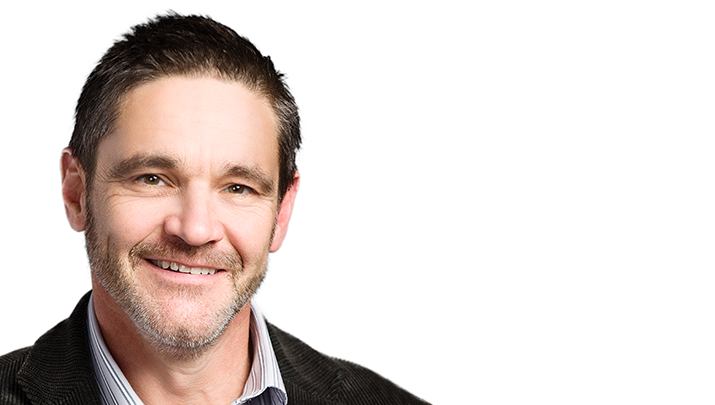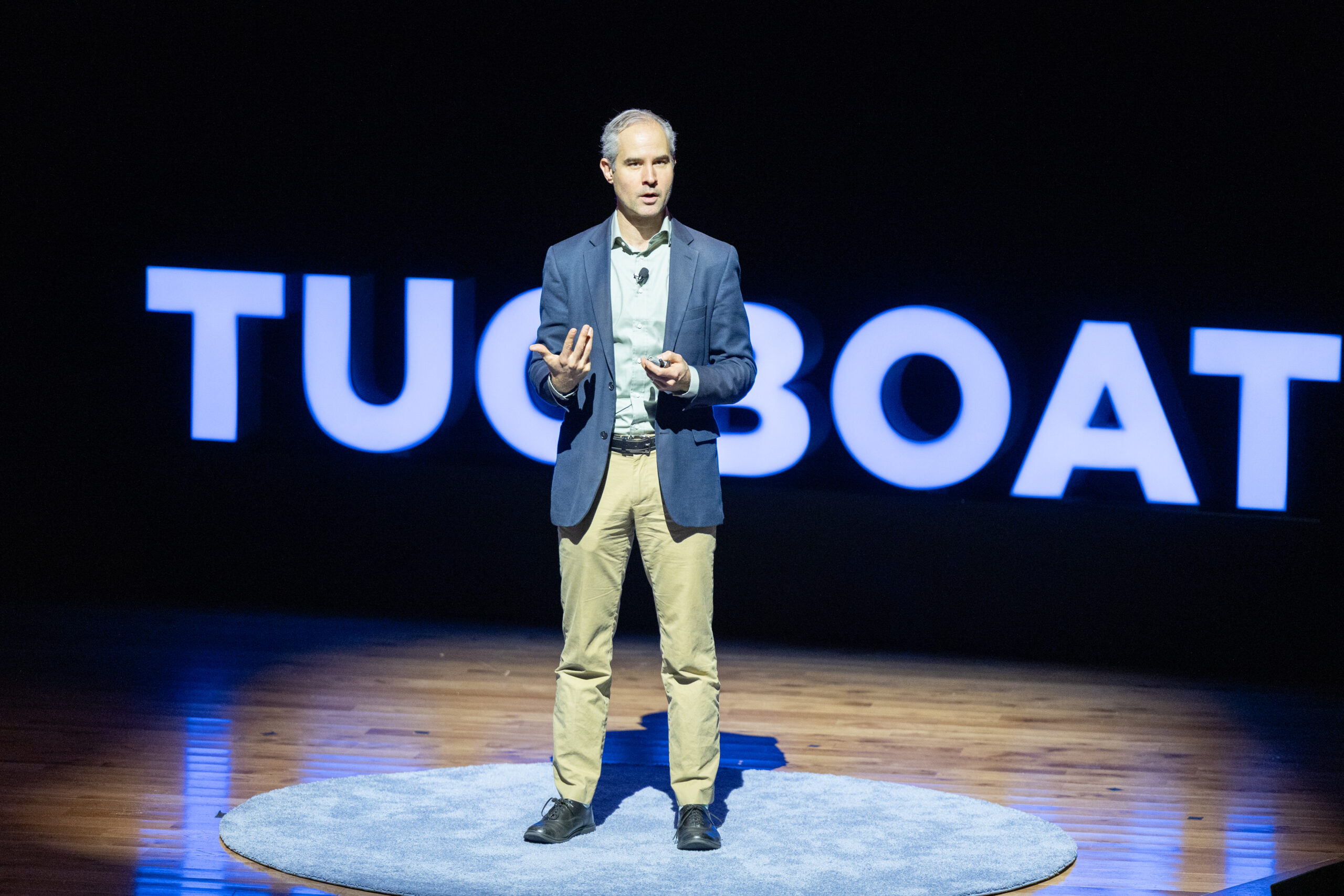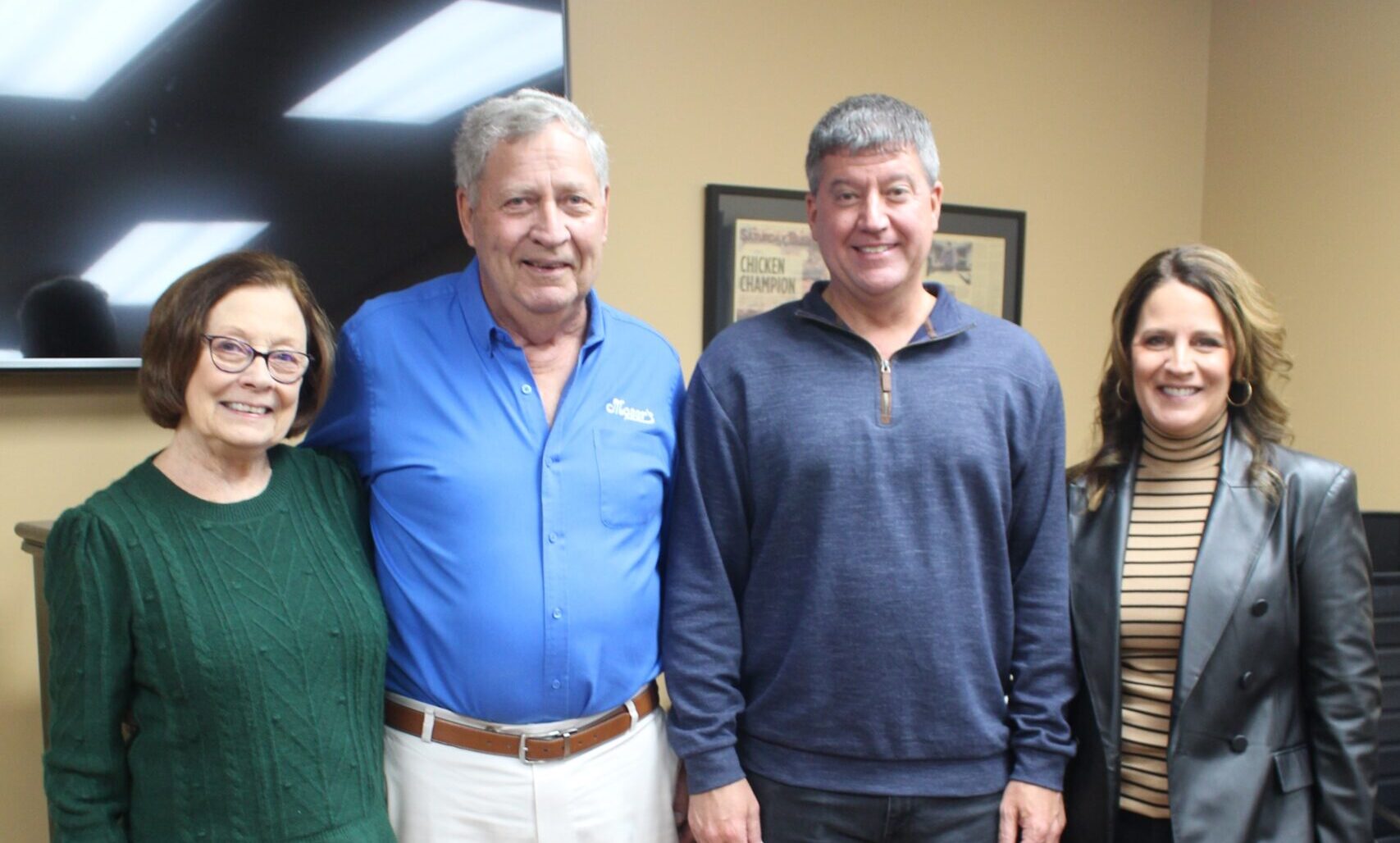

Surviving Death Valley
- Kris Maynard
- Essential Ingredients
In 2011, my co-founder and I had the kind of moment that most business owners dream about — several buyers were sniffing around our 15-year-old specialty-chemicals company, Essential Ingredients. But while a sale might have ushered us off to early retirement with bags of money, we worried that our employees would suddenly be jobless.
So instead we formed an employee stock ownership plan (ESOP), which gives ownership of the company via stocks to the employees. Since we had always made People First a priority, the ESOP seemed like the greatest way to provide our team with job security as well as a healthy retirement fund. We made the exciting announcement at our next big employee meeting. As our employees cheered, we felt sure we had made the right decision.
And then almost immediately the company went into a financial nosedive.
We call those first few months after forming the ESOP “Death Valley.” We were never able to determine any one thing that caused it, but this was the lowest point in our company’s history. The most stressful part was the fact that the company had just taken on significant bank debt (for the first time ever) to finance the purchase of the employee shares from my partners and me.
We (the original shareholders) were used to using our private assets as guarantees against small loans or lines of credit we had with the bank. However, we had never been under a bank covenant, which requires a banker to review our finances and results quarterly (which soon became monthly). This oversight put us under a whole new level of stress as we were now beholden to an outside party. Previously, if we had a bad month, we would be disappointed but we would adapt and adjust. Now we had outside eyes offering a cold critique of the numbers.
I found myself meddling a lot in sales matters, pushing our sales team for quick short-term results, working to cut costs and, in essence, regressing to running the business the very way I hated — by the numbers rather than by our values. It was a horrible experience. I remember meeting with our banker during this time over coffee, and he asked me that dreaded question, “What keeps you up at night?” I laughed and told him, “YOU do. When I close my eyes at night I see your face!”
When we realized this behavior was impacting our culture and the way we were driving the business, the original partners and I used closing funds we had received, reduced the bank debt and converted that to additional seller notes. This allowed us to dial back the financial pressure and run the business the way we always had, focusing on long-term results and working according to our mission.
The good news is that we were able to turn things around while staying true to our values. Today, our balance sheet is strong. We’ve enjoyed double-digit growth over the last several years, and sometime in the fourth quarter of 2018 we will be crossing $100 million in annual sales for the first time. While we rely on a bank for our credit line, we have no long-term debt and don’t plan to have any ever again. I won’t allow us to go back to working under that kind of unnecessary stress.
We’ve also been able to enhance employee engagement and financial understanding by adopting open-book management (based on the Great Game of Business). While we were building the business back up, we learned that, as an ESOP, there was no way for our people to truly feel like shareholders unless they had exposure to the numbers and the results on a regular basis.
Our employee-owners today feel more closely connected to the results because they assist in the construction of the plan and receive weekly updates on our joint progress. Almost everyone from the day of that announcement is still with us, and we have gained approximately 25 more employees. Our company shares have gone from $2.25 to more than $55 since the fall of 2011.
Times of crisis test one’s values and character, and significantly shape people and businesses. If things are going easy, there’s no reason to ask the hard questions. We Persevered through “Death Valley,” and I like to think enduring this trial only strengthened our resolve and that this strength will serve to sustain Essential Ingredients for many years to come.
Kris Maynard is the CEO of Essential Ingredients
More Articles and Videos

Leading Through Uncertainty – Tugboat Institute® Summit 2025
- Jackie Hawkins
- Tugboat Institute

Why Employees Quit and How to Use Evergreen® Principles to Keep Them
- Michael Horn
- Clayton Christensen Center for Disruptive Innovation

Get Evergreen insight and wisdom delivered to your inbox every week
By signing up, you understand and agree that we will store, process and manage your personal information according to our Privacy Policy




